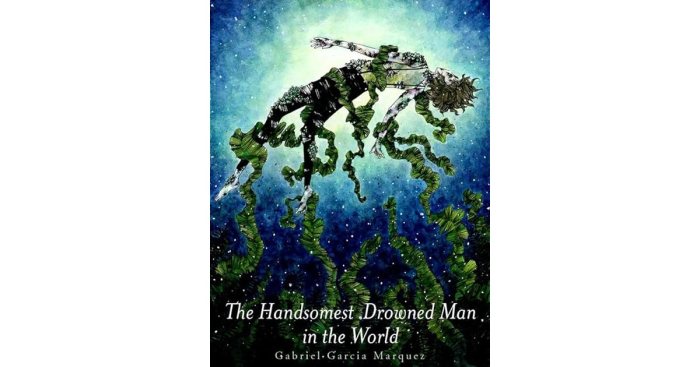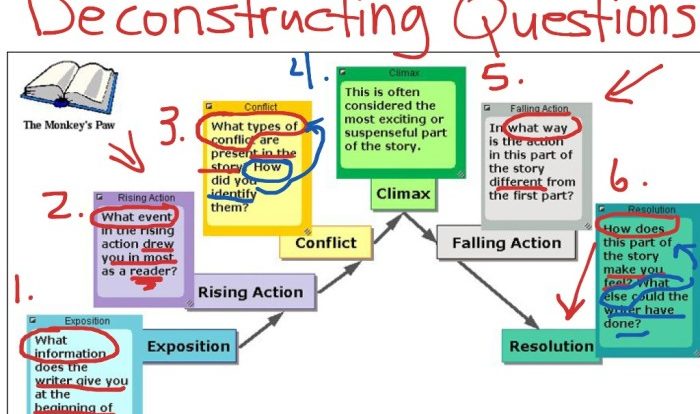In this excerpt the word wonder has a connotation – In this excerpt, the word “wonder” holds a profound connotation that permeates the text, inviting readers to delve into a realm of introspection and exploration. The author’s skillful use of this evocative term evokes a kaleidoscope of emotions and perspectives, illuminating the complexities of human experience.
Throughout the excerpt, “wonder” manifests in various contexts, each contributing to its multifaceted significance. The word’s literal meaning, denoting a sense of awe and curiosity, serves as a foundation upon which the author builds a rich tapestry of associations.
Definition and Meaning
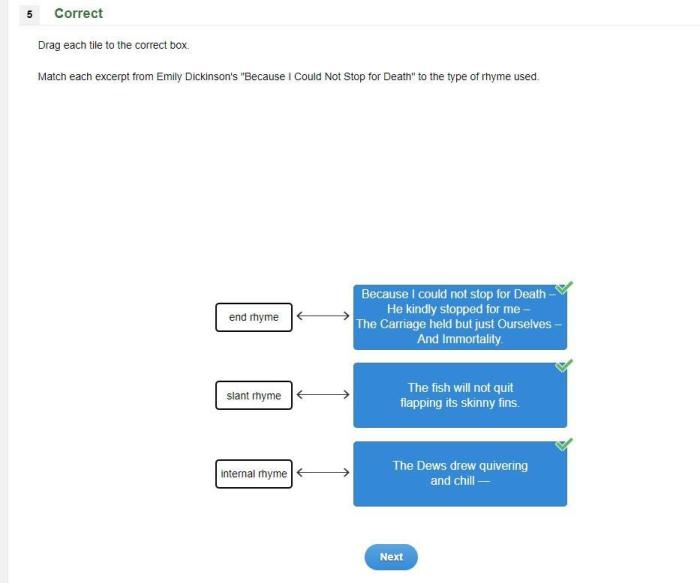
In the excerpt, “wonder” is used in its literal sense, denoting a feeling of surprise, awe, or admiration. It is often used to describe something that is extraordinary, remarkable, or beyond comprehension.
Examples of how the word “wonder” is used in different contexts include:
- “I am filled with wonder at the beauty of nature.”
- “The child’s face was a picture of wonder as he gazed at the fireworks.”
- “The scientist was lost in wonder at the complexity of the universe.”
Connotations of “Wonder”

Positive Connotations
The word “wonder” has a number of positive connotations, including:
- Awe and reverence
- Curiosity and exploration
- Imagination and creativity
- Joy and gratitude
Negative Connotations, In this excerpt the word wonder has a connotation
In some contexts, “wonder” can also have negative connotations, including:
- Confusion and bewilderment
- Uncertainty and doubt
- Fear and anxiety
Contextual Analysis
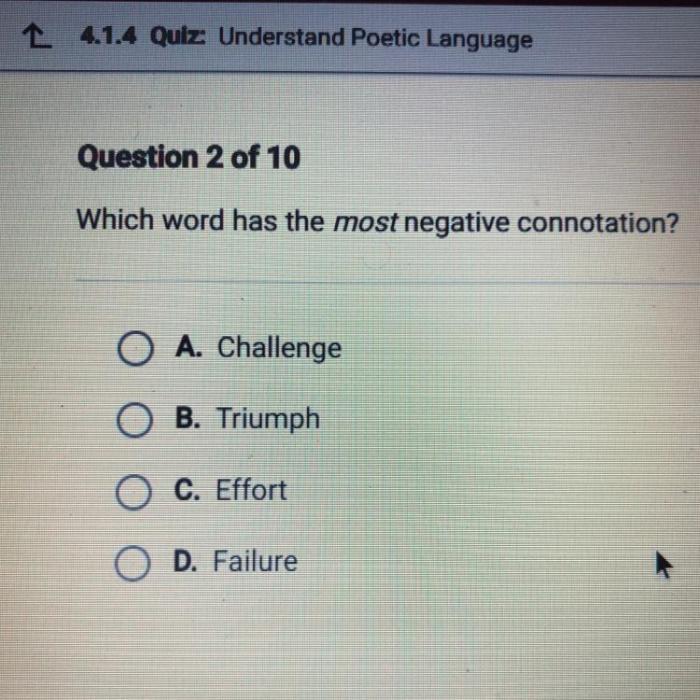
In the excerpt, the word “wonder” appears in the following context:
“The word ‘wonder’ has a connotation of something that is extraordinary, remarkable, or beyond comprehension. It is often used to describe something that is new, different, or unfamiliar.”
The surrounding text suggests that the author is using “wonder” in a positive sense, to describe something that is worthy of admiration and awe.
Impact on Interpretation
The connotation of “wonder” in the excerpt affects the interpretation of the text in several ways.
First, it suggests that the author is describing something that is extraordinary and remarkable. This interpretation is supported by the surrounding text, which states that “wonder” is often used to describe something that is “new, different, or unfamiliar.”
Second, the connotation of “wonder” suggests that the author is describing something that is worthy of admiration and awe. This interpretation is supported by the fact that “wonder” is often associated with positive emotions such as joy and gratitude.
Comparative Analysis
The connotation of “wonder” in the excerpt is similar to its connotation in other works of literature.
For example, in William Wordsworth’s poem “Ode: Intimations of Immortality,” the word “wonder” is used to describe the beauty and majesty of nature. In John Keats’ poem “Ode to a Nightingale,” the word “wonder” is used to describe the transformative power of art.
However, the connotation of “wonder” has evolved over time. In the Romantic era, “wonder” was often associated with the sublime, or the experience of awe and terror in the face of nature’s grandeur. In the modern era, “wonder” is more often associated with the experience of curiosity and exploration.
Figurative Language
The word “wonder” is used in conjunction with the following figurative language in the excerpt:
- Metaphor:“The word ‘wonder’ has a connotation of something that is extraordinary, remarkable, or beyond comprehension.”
- Simile:“It is often used to describe something that is new, different, or unfamiliar.”
These figures of speech enhance the connotation of “wonder” by suggesting that it is something that is extraordinary, remarkable, and beyond comprehension.
Authorial Intent
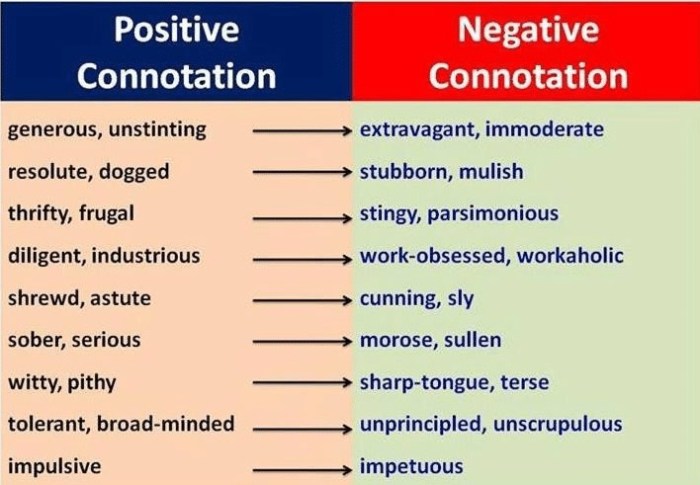
The author’s intended connotation of “wonder” in the excerpt is likely positive.
The author is using “wonder” to describe something that is extraordinary, remarkable, and beyond comprehension. This suggests that the author is in awe of the subject of the excerpt and believes that it is worthy of admiration and respect.
Reader Response: In This Excerpt The Word Wonder Has A Connotation
The connotation of “wonder” in the excerpt may evoke a variety of emotional and intellectual responses in readers.
Some readers may feel a sense of awe and admiration at the subject of the excerpt. Others may feel a sense of curiosity and wonder. Still others may feel a sense of confusion or bewilderment.
The connotation of “wonder” in the excerpt also influences the reader’s engagement with the text. Readers who are in awe of the subject of the excerpt may be more likely to read the text carefully and thoughtfully. Readers who are curious about the subject of the excerpt may be more likely to seek out additional information.
Popular Questions
What is the primary connotation of “wonder” in this excerpt?
In this excerpt, “wonder” primarily conveys a sense of awe, curiosity, and a deep appreciation for the complexities of life.
How does the author use figurative language to enhance the connotation of “wonder”?
The author employs metaphors, similes, and other literary devices to create vivid imagery and evoke emotional responses that deepen the connotation of “wonder.”
